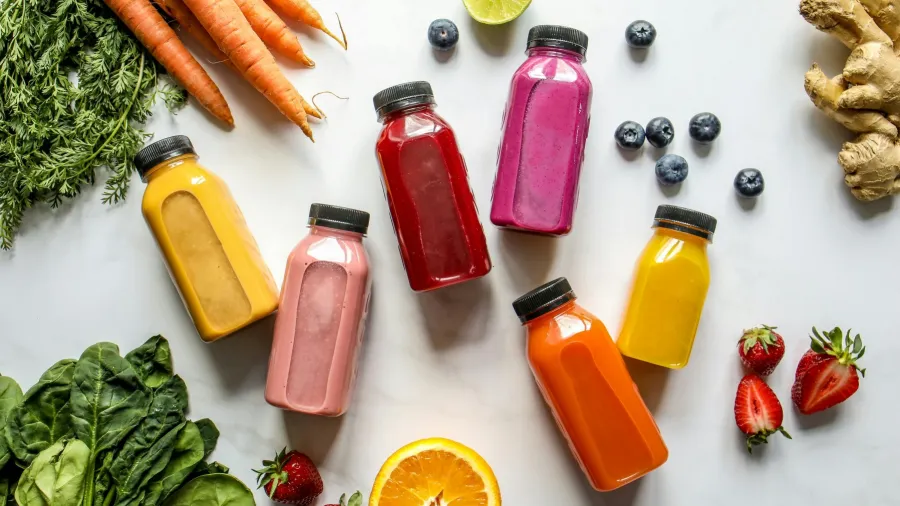
Non-alcoholic drinks market to reach $2.9t by 2035
It will be driven by health and wellness trends.
The non-alcoholic drinks market, valued at $1.3t in 2023, is expected to reach $2.9t by 2035, growing at a CAGR of 6.9%, according to a new report by Allied Market Research.
Non-alcoholic drinks, commonly referred to as soft drinks or beverages, include a variety of options such as carbonated sodas, fruit juices, flavored waters, herbal teas, energy drinks, and functional beverages. These drinks, typically made from water, flavors, sweeteners, and additives such as vitamins and minerals, cater to diverse consumer preferences. Some also contain caffeine, fruit extracts, or botanical ingredients to enhance taste and functionality.
The surge in demand is fueled by consumers' increasing focus on health and wellness.
“As individuals become increasingly proactive about managing their well-being, there is a rising demand for beverages that offer more than just hydration, providing additional health benefits and functional properties,” the report noted.
Functional beverages, enriched with vitamins, minerals, antioxidants, and other bioactive ingredients, are popular for their health benefits, including boosting immunity, improving digestion, enhancing cognitive function, and promoting relaxation.
Moreover, natural ingredients are also in high demand. Beverages with adaptogens, botanical extracts, superfoods, and herbal remedies are replacing traditional sugary drinks, presenting opportunities for brands to innovate and cater to health-conscious consumers.
Amidst the growth prospects, supply chain disruptions pose significant challenges to the non-alcoholic drinks market.
Ingredient shortages, transportation delays, and production bottlenecks can lead to reduced inventory, stockouts, and inconsistent product availability, resulting in dissatisfied customers and lost sales. These disruptions, caused by factors such as natural disasters, geopolitical events, and global health crises, increase costs for beverage companies and limit their ability to invest in innovation and expansion.
On the other hand, sustainability initiatives offer significant opportunities for market growth. With growing consumer concern about environmental impact, non-alcoholic beverage brands can appeal to eco-conscious consumers by adopting sustainable practices. This includes sourcing ingredients from organic and regenerative agriculture, using renewable energy in production, and implementing water-saving technologies.
Innovations in packaging, including biodegradable plastics and plant-based materials, also offer opportunities for differentiation and market growth.

















 Advertise
Advertise







